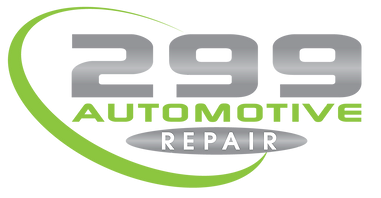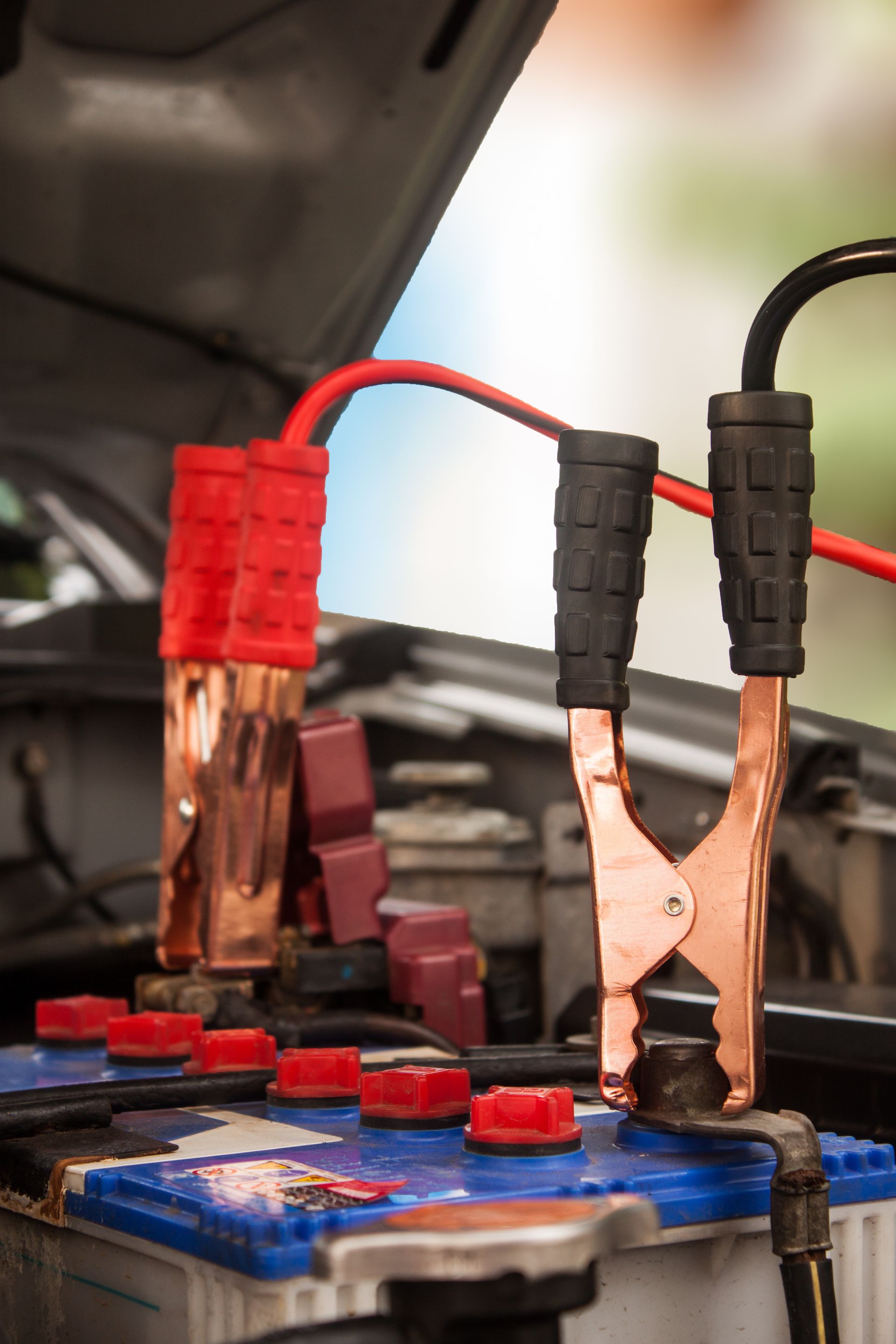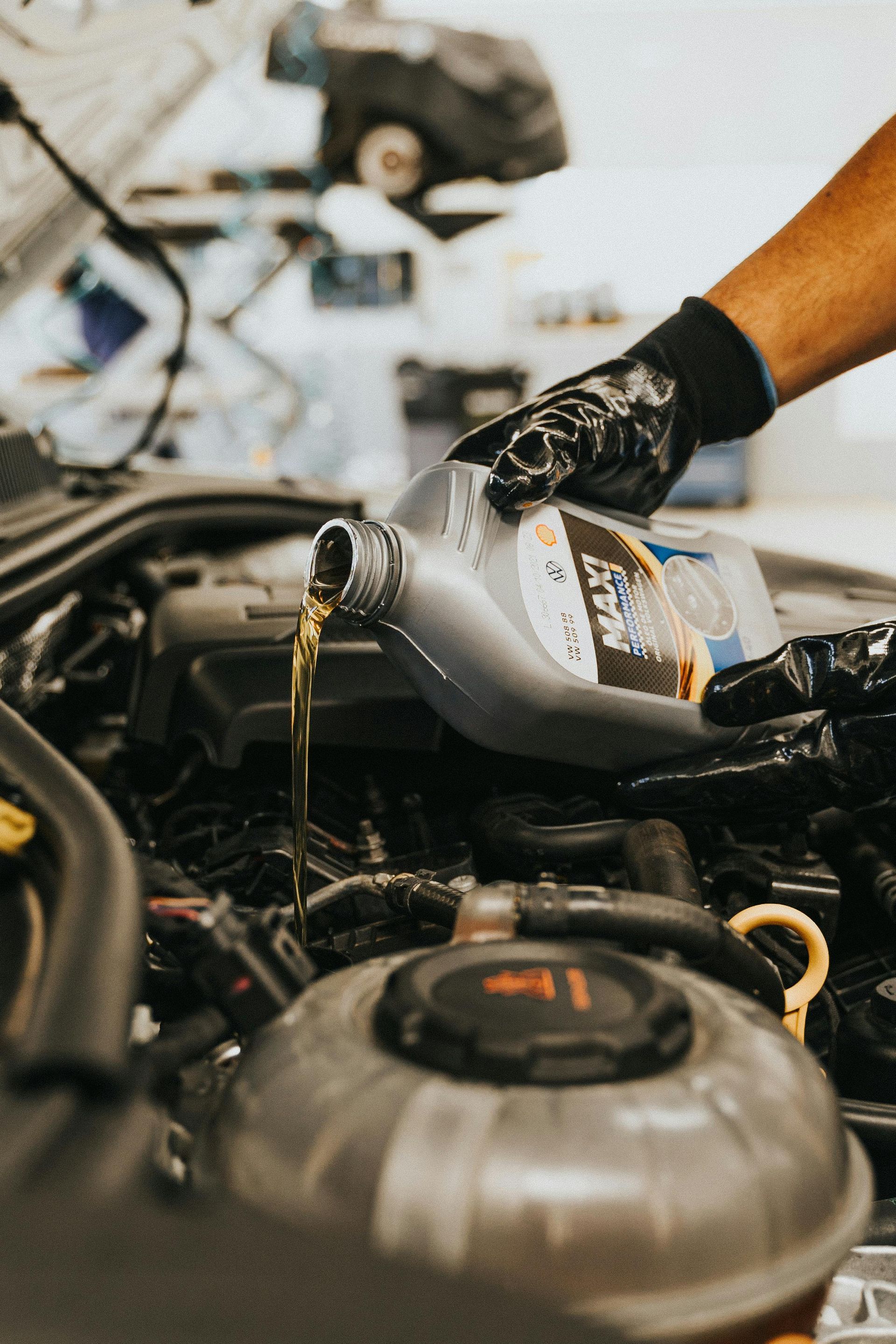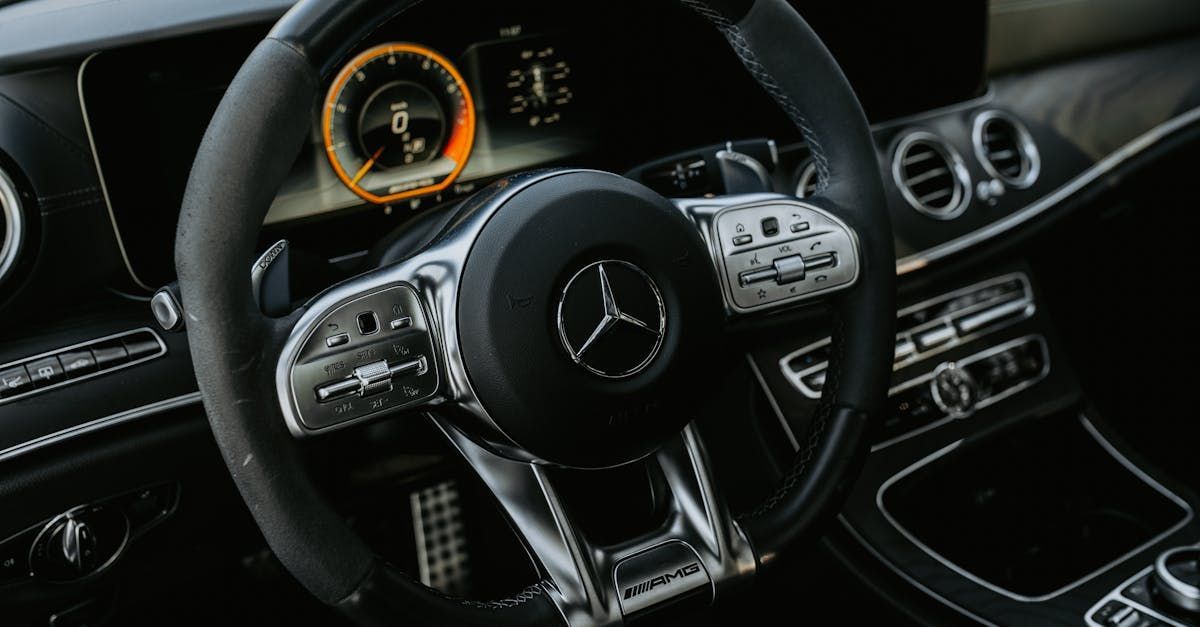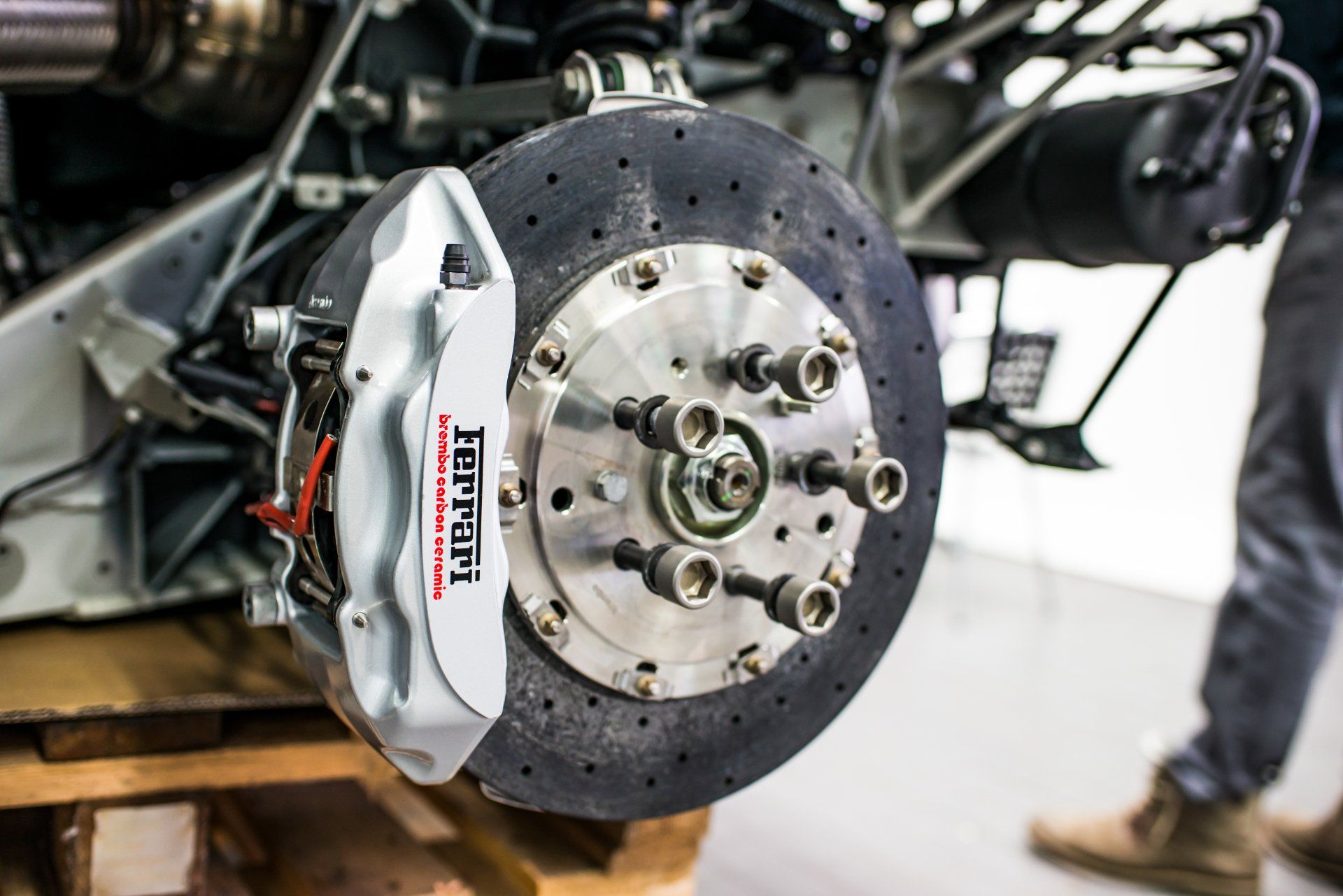At 299 Automotive in Longview, TX, we understand how crucial it is to keep your vehicle in top shape. One of the key responsibilities we share as car owners is ensuring our cars meet state inspection requirements. Vehicle state inspections play an essential role in maintaining road safety, optimizing vehicle performance, and ensuring compliance with state regulations. This comprehensive guide will explore the ins and outs of vehicle state inspections and provide you with a deeper understanding of the process.
What is a Vehicle State Inspection?
A vehicle state inspection is a routine evaluation mandated by state law to verify that vehicles meet the specific safety and emissions criteria. In Texas, these inspections are vital for ensuring that all vehicles on the road are safe to operate and are not polluting the environment beyond permissible limits.
Why Are State Inspections Necessary?
The primary purpose of vehicle state inspections is to enhance public safety. By confirming that vehicles meet safety standards, we can reduce the number of accidents caused by mechanical failures. Additionally, emission tests help advance environmental preservation efforts by ensuring vehicles don't exceed harmful exhaust emission levels.
How Often Should Your Vehicle Be Inspected?
In Texas, most vehicles require an annual state inspection. However, the requirements may vary based on the type of vehicle and its intended use. At 299 Automotive, we assist our Longview, TX customers in scheduling timely inspections to help them remain compliant with state laws.
What Does the Inspection Process Involve?
During a state inspection at 299 Automotive, we evaluate several critical areas of your vehicle. Here's what you can expect:
- Brake System: Ensuring that brakes are responsive and functioning correctly.
- Headlights and Signals: Checking that all lights are operational and properly aligned.
- Tire Tread and Pressure: Assessing tire condition for safe road grip and balance.
- Exhaust System: Verifying emissions levels and ensuring exhausts are intact.
- Steering and Suspension: Evaluating the stability and ease of vehicle control.
Common Issues That May Arise
During inspections, we often come across recurring issues that can lead to a failed inspection. These include poor tire tread, faulty brake lights, excessive exhaust emissions, and malfunctioning brake systems. Addressing these problems promptly will enhance the inspection process's success rate and prevent potential road hazards.
How to Prepare for Your State Inspection
Preparation is key when it comes to vehicle inspections. Before bringing your vehicle to our shop, we recommend performing a preliminary check. Ensure all lights are functioning, tires are appropriately inflated, and the vehicle has brake fluid. Moreover, any warning lights on your dashboard should be diagnosed and addressed beforehand.
Why Choose 299 Automotive for Your Inspection?
At 299 Automotive, we pride ourselves on delivering exceptional service. Our Longview, TX team comprises experienced professionals dedicated to providing a thorough inspection while prioritizing customer satisfaction. We use advanced diagnostic tools to offer precise evaluations and clear feedback on your vehicle's condition.
We understand that time and efficiency are crucial to our customers. That's why we endeavor to make the inspection process as seamless and swift as possible, ensuring minimal disruption to your day-to-day activities.
Conclusion: Stay Compliant and Safe
In conclusion, regular state inspections are an indispensable aspect of vehicle ownership. They ensure both your safety and compliance with environmental standards. At 299 Automotive in Longview, TX, we're committed to supporting you through this process, providing expert insights and unmatched service quality. Schedule your appointment today, and let us help you keep your vehicle in optimal condition year-round.


